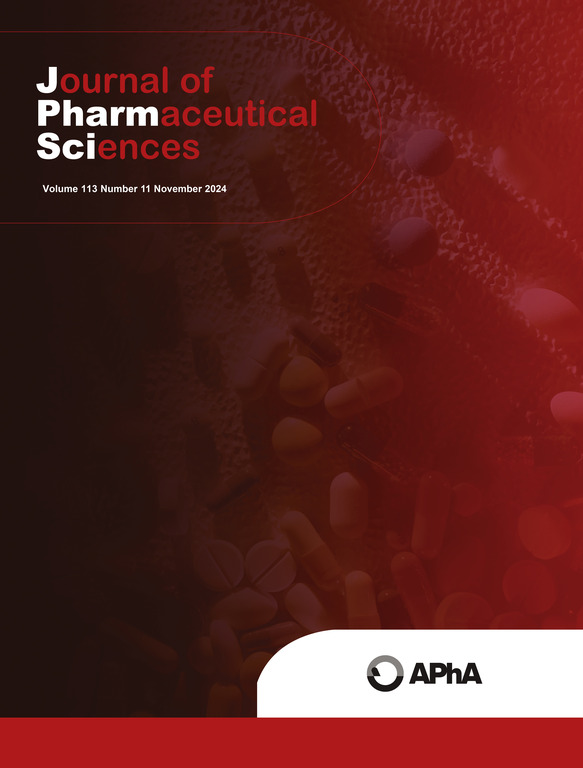Use of differential scanning calorimetry as a rapid, effective in-process check method for impurity quantitation of an early clinical batch of Giredestrant (GDC-9545)
IF 3.7
3区 医学
Q2 CHEMISTRY, MEDICINAL
引用次数: 0
Abstract
Giredestrant (GDC-9545) is a selective estrogen receptor degrader (SERD) that was developed for treatment of ER+/HER2− metastatic breast cancer. An anhydrous crystalline tartrate salt was identified as the solid form suitable for clinical development. An early clinical batch of the active pharmaceutical ingredient (API)/drug substance failed to pass the GMP purity specifications owing to the presence of a substantial amount of high molecular weight impurities (oligomers), as determined by size exclusion chromatography. Several trial rework batches were manufactured using various re-slurry and recrystallization conditions to purge impurities in the drug substance to adhere to purity specifications. Based on the melting point depression of the API in presence of oligomers in these rework batches, a differential scanning calorimetry method was developed to quantify impurity content as a function of melting point onset of the API. This thermal analysis method was used as a surrogate for chromatography as a rapid, effective in-process check method for impurity quantitation to enable the timely release of the final reworked clinical batch. Post release, the % w/w oligomer value determined by calorimetry was in excellent agreement to that obtained by size exclusion chromatography.
使用差示示踪表量热法作为早期临床批次吉瑞司群 (GDC-9545) 杂质定量的一种快速、有效的过程中检查方法。
Giredestrant (GDC-9545) 是一种选择性雌激素受体降解剂 (SERD),用于治疗 ER+/HER2- 转移性乳腺癌。无水结晶酒石酸盐被确定为适合临床开发的固体形式。经尺寸排阻色谱法测定,由于存在大量高分子量杂质(低聚物),早期临床批次的活性药物成分(API)/药物物质未能通过 GMP 纯度规范。为了清除药物中的杂质,使其符合纯度规范,我们使用各种重浆和重结晶条件试制了几批返工产品。根据这些返修批次中存在低聚物时原料药熔点降低的情况,开发了一种差示扫描量热法,用于量化作为原料药熔点起始函数的杂质含量。这种热分析方法被用作色谱法的替代方法,是一种快速、有效的杂质定量过程中检查方法,以便及时释放最终返工的临床批次。释放后,通过量热法确定的低聚物重量百分比值与通过尺寸排阻色谱法确定的值非常吻合。
本文章由计算机程序翻译,如有差异,请以英文原文为准。
求助全文
约1分钟内获得全文
求助全文
来源期刊
CiteScore
7.30
自引率
13.20%
发文量
367
审稿时长
33 days
期刊介绍:
The Journal of Pharmaceutical Sciences will publish original research papers, original research notes, invited topical reviews (including Minireviews), and editorial commentary and news. The area of focus shall be concepts in basic pharmaceutical science and such topics as chemical processing of pharmaceuticals, including crystallization, lyophilization, chemical stability of drugs, pharmacokinetics, biopharmaceutics, pharmacodynamics, pro-drug developments, metabolic disposition of bioactive agents, dosage form design, protein-peptide chemistry and biotechnology specifically as these relate to pharmaceutical technology, and targeted drug delivery.

 求助内容:
求助内容: 应助结果提醒方式:
应助结果提醒方式:


